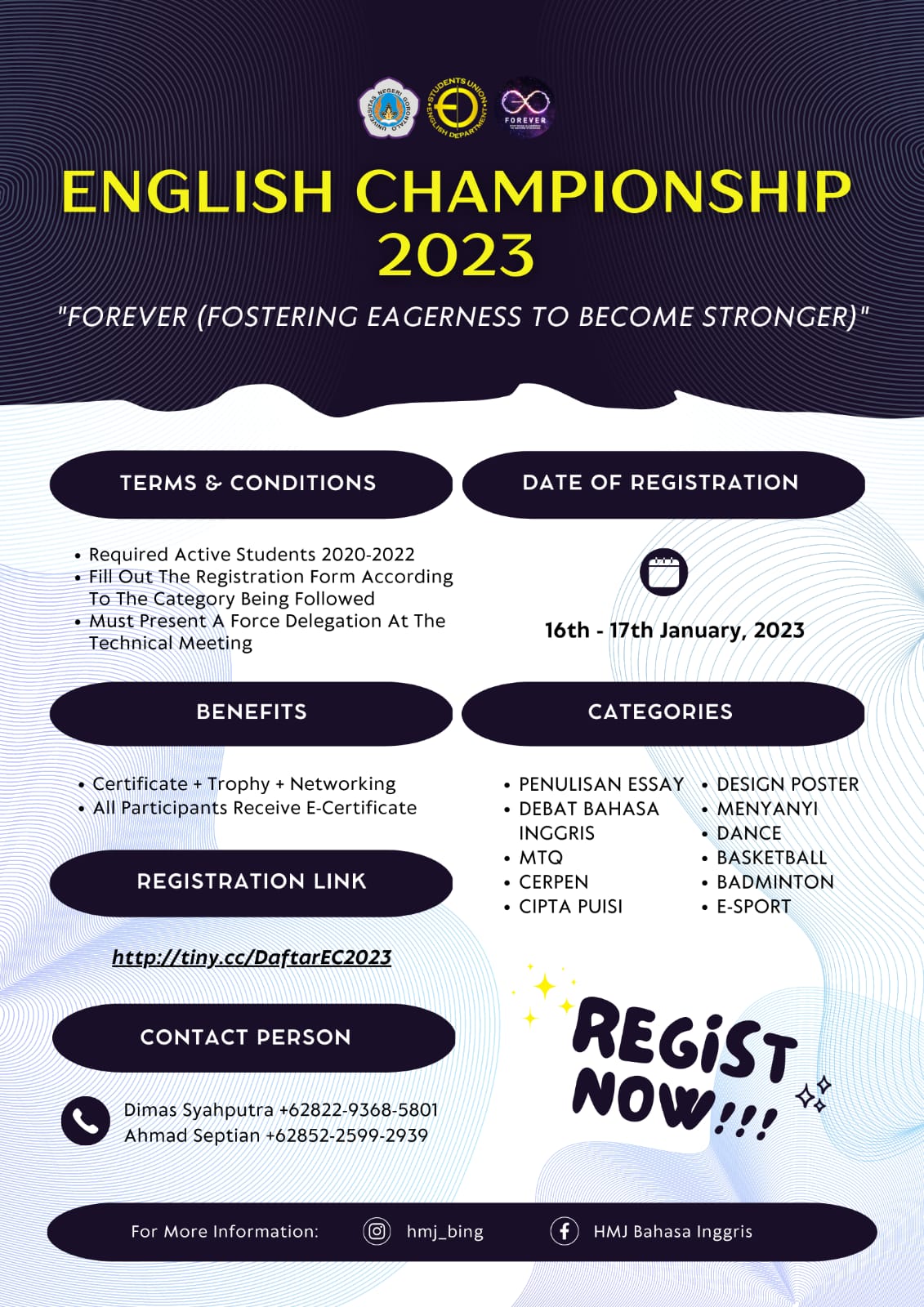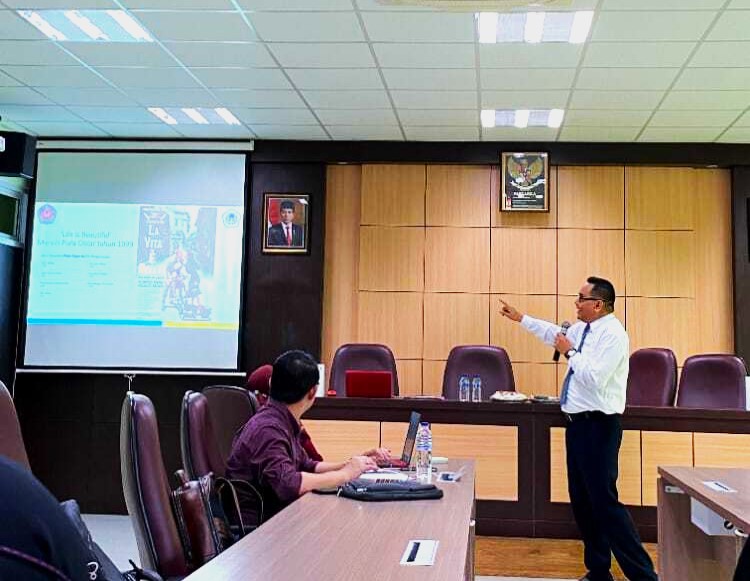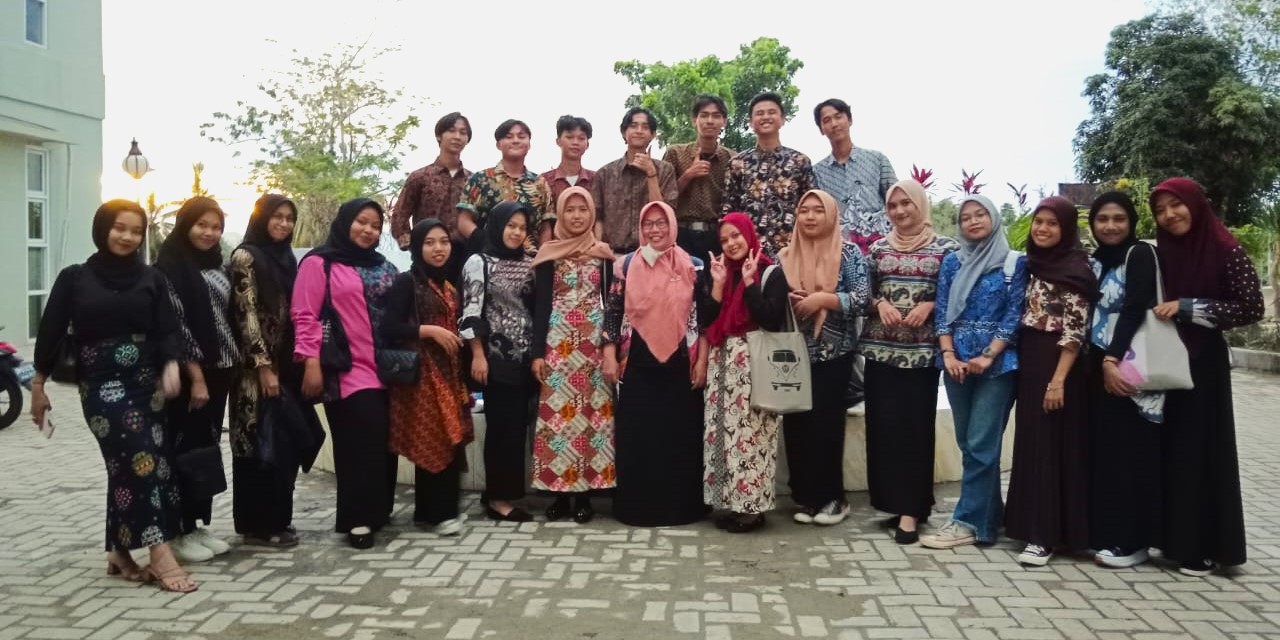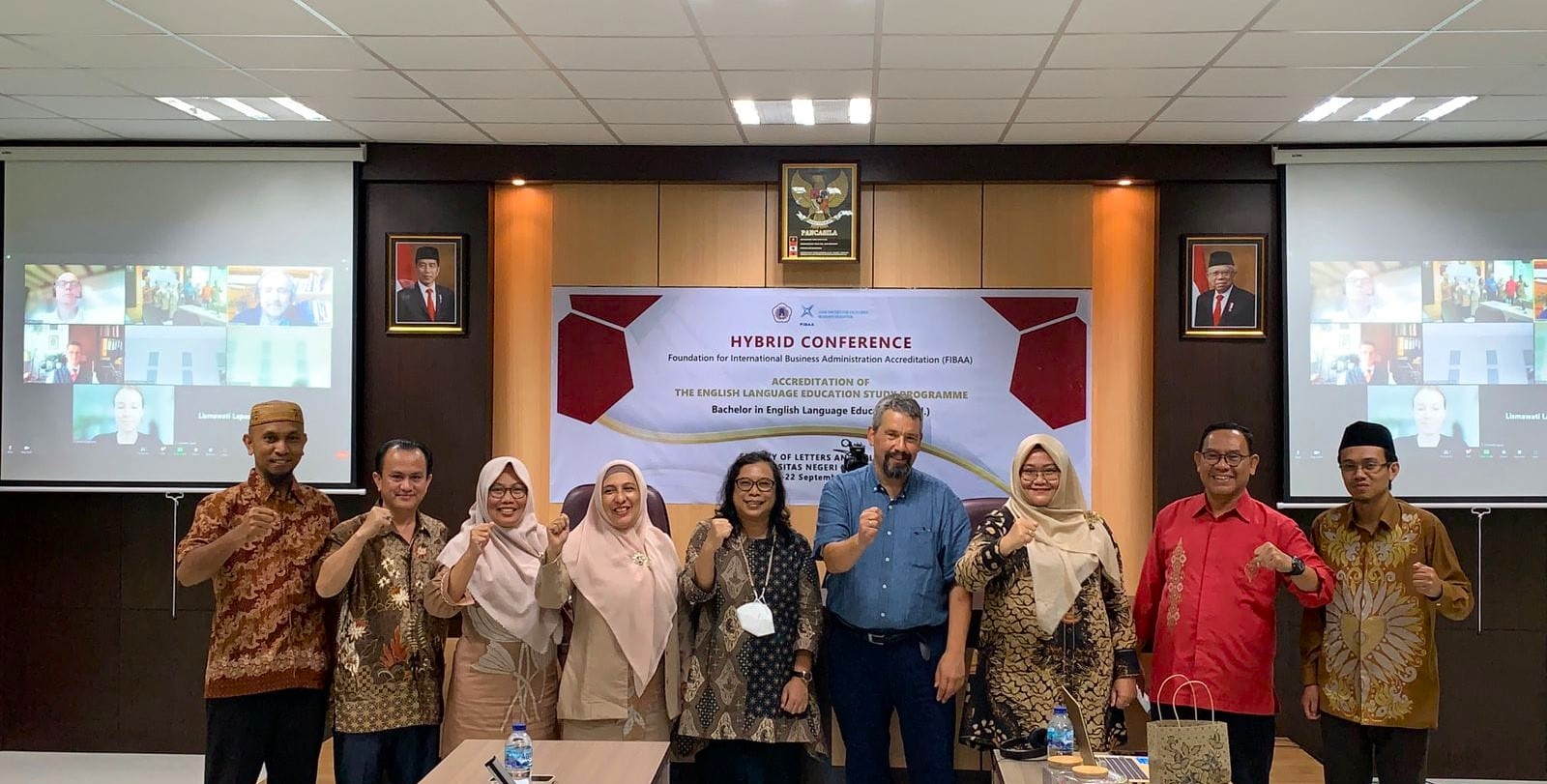Ethical aspect conduct is carried out among all faculty members and students. Faculty members, in this case lecturers, must perform teaching and other academic-based actions ethically to inspire all English school teacher candidates. The teacher candidates, likewise, must abide by academic rules stipulated in the university or faculty academic handbook, and this applies since the first year of their study.
For example, when writing papers, the students are strongly advised to cite properly and to refer articles from reputable journals; or to carefully express and respond to opinions during class discussion. They learn about plagiarism and are taught how to deal with this issue. Both lecturer and students are fully aware about this and the consequences it may incur. It refers to Rector Regulation on Number 2 of 2020 about academic regulations of Universitas Negeri Gorontalo.
Actions that are not in accordance with academic ethics can be categorized as unethical actions or academic conduct and are academic violations, which can result in academic penalties.
The other ethical conducts that are noticeable in English Language Education Study Programme (ELESP) are gratification and illegal fees. ELESP always campaigns No plagiarism, no gratification, and illegal fees because these impact on the implementation of judicial aspects and reputation of ELESP itself. The rules of plagiarism are clearly outlined in the decree signed by the Rector. Gratification and illegal fees are controlled by the Internal Control Unit of the university.
Further provisions regarding the code of ethics and academic ethics are regulated by the Rectors Regulation following review by the Senate. The criteria for plagiarism of scientific works are regulated in the Guidelines for Writing Scientific Papers.
Prevention of plagiarism of scientific works is carried out in every Faculty and Postgraduate Programme through the Deputy Dean and Assistant Director in charge of academic affairs. The examination and settlement of alleged acts of plagiarism in scientific works is carried out by the University Senate through the Commission in charge of academic ethics.
Academic sanctions are given to lecturers, education staff, and students who breach the code of ethics and academic ethics, norms, and rules to implement the Tridharma of Higher Education. Non-academic sanctions are given to lecturers, education staff, and students who breach the order and/or administration. All academic sanctions are stated in the Rector of Regulation Number 20 of 2020.




Grade Appeal
Submission of Students' Grades to SIAT
Final Examination Week
Final Day of Odd Semester